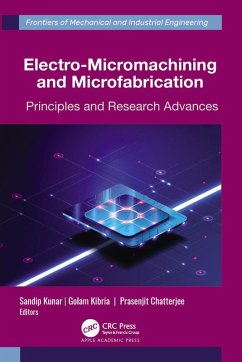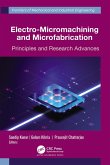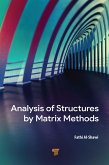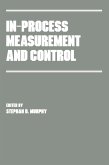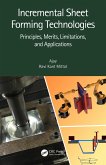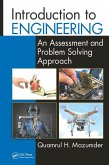Bridging the gap between the need for micro elements and the profitable microfabrication of goods, this new book provides an informative overview of the electro-micromachining and microfabrication processes, varieties, and important applications. Opening with an overview of a variety of micromachining technologies, with an emphasis on nontraditional approaches and recent advances in each, the volume discusses the ultrasonic micromachining processes for producing a variety of micro-shapes, such as micro-holes, micro-slots, and micro-walls, as well as assisted hybrid micromachining with ultrasonic vibration of the tool or workpiece, all which help to improve precision and to advance research. Computer-aided design and computer-aided manufacturing dental micromachining technologies are discussed. Micro-electrical discharge machining, laser micro grooving, and laser micromachining are among the advanced micro-manufacturing processes addressed as well. The volume also covers the use of an electrochemical micromachining method to improve micro texturing and the use of nano-additives to enhance MQL and micromachining process optimization.
Dieser Download kann aus rechtlichen Gründen nur mit Rechnungsadresse in A, B, BG, CY, CZ, D, DK, EW, E, FIN, F, GR, HR, H, IRL, I, LT, L, LR, M, NL, PL, P, R, S, SLO, SK ausgeliefert werden.

